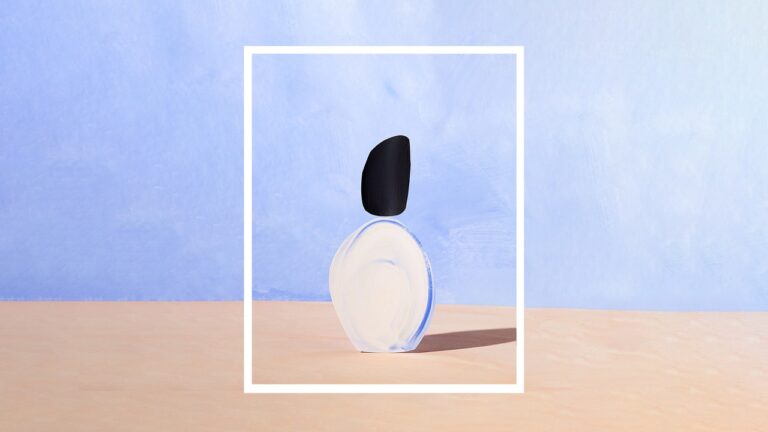
[ad_1]
In Olfactory’s experience as an owner of 300-plus bottles of fragrance, they note that, often, a lower-priced dupe is not going to give the complexity or longevity of the high-end original — and they try to be honest in their recommendations about those trade-offs. But the mere comparison of a cheaper alternative to a high-end scent can inspire many polemical comments, they note, as perfume wearers can feel loyalty to their high-end purchases.
“I am conflicted because I respect that it’s the creative artistry of the individuals,” Olfactory says, adding that, for this reason, they prefer to recommend dupes of creations from large conglomerates like L’Oréal rather than independent brands. “But I don’t think that half of the people that are buying dupes would ever purchase a $350 perfume to begin with.”
Even if consumers aren’t in the market for a luxury perfume, they still want to hear evidence of just how close dupes are to the original. Comparison videos of fragrances from Oakcha, Dossier, or Alt with high-end scents is a growing genre on TikTok and YouTube, with many influencers offering discount codes on top of already comparatively low prices.
In a certain sense, the advent of dupe brands could force the perfume industry to act. Says Laudamiel, “At least they don’t make a margin out of [their products] that’s out of whack. And because it is now in plain daylight, I think the truly original brands will have to react. It will force the industry to change for the better.”
Laudamiel implores dupe brands to compensate perfumers of the original creations on which they base their creations, and to make their own perfumers known. Dossier, which lists transparency as a brand pillar, claims to have five perfumers in Grasse and a nose/evaluator in Paris, but does not list the names of those perfumers on its website.
To improve the industry as a whole, Laudamiel would like fragrance formulas to be copyrighted not just to protect perfumers’ intellectual property, but also to put pressure on brands to publish their formulas so consumers might see when marketing copy promoting precious materials like jasmine oil or orris butter reflects the reality. “I want the public to know that many of these ingredients that are claimed by brands and department stores to justify high prices are very little found in the perfumes,” he says.
Without intellectual property protections for formulas, some fragrance companies have turned to technology to prevent copycats. Earlier this year, fragrance and flavor giant Symrise launched CryptoSym, a blurring component that encrypts a fragrance formula against gas chromatology. Fragrance houses like Givaudan and Firmenich have also invested ample funds in developing new scent molecules, known as captives, which are proprietary ingredients that can only be used in their creations.
[ad_2]